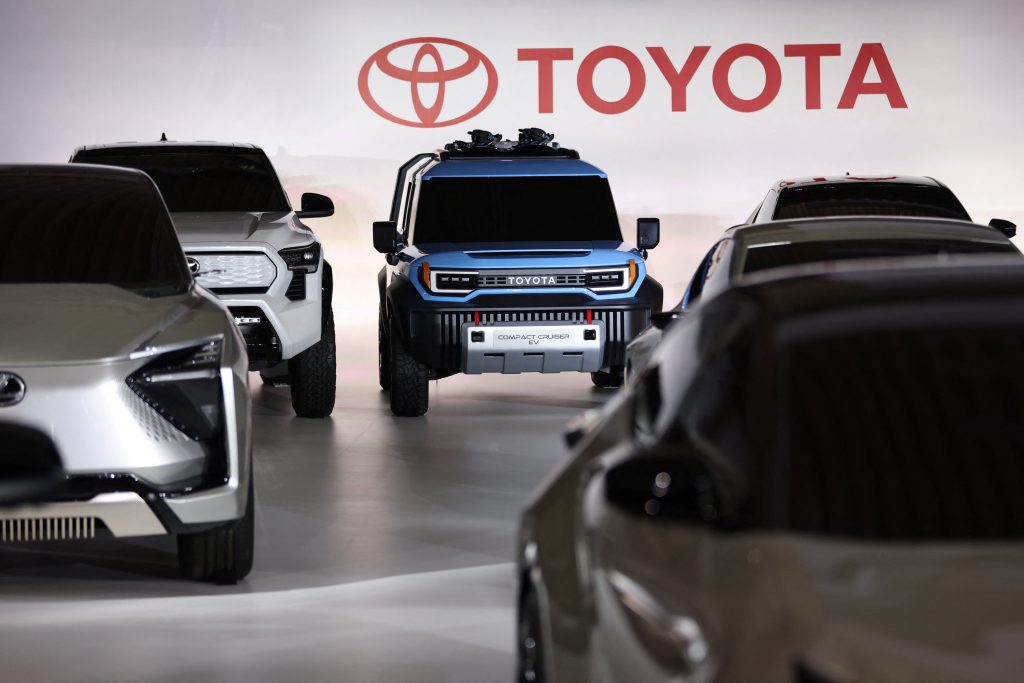
- ARAB NEWS
- 14 Jul 2025

TOKYO: Japanese automakers are racing to electrify their minivehicles, despite major technical challenges regarding maintaining low prices and securing a certain cruising range per charge.
The moves are an unavoidable part of efforts aimed at decarbonization, as minivehicles make up around 40 pct of the domestic market for new vehicles.
Nissan Motor Co. and Mitsubishi Motors Corp. plan to release in early fiscal 2022 a new electric minivehicle developed by their joint venture company NMKV Co.
The new model has a cruising range of around 170 kilometers, shorter than ordinary electric vehicles, but is equipped with driving assistance and other advanced technologies. It is expected to cost around 2 million yen in real terms, considering government subsidies.
Meanwhile, leading minivehicle maker Daihatsu Motor Co. said in December last year that it plans to release its first electric minivehicle by 2025, with the price set under 2 million yen in real terms.
The Toyota Motor Corp. unit also said that it will electrify all new vehicles in Japan, including turning them into hybrid vehicles, by 2030.
“We want to make efforts to lower costs and expand the share of electric vehicles (in our lineup),” Daihatsu President Soichiro Okudaira said.
Honda Motor Co., which has pledged to end sales of combustion engine vehicles by 2040, is also working to electrify its minivehicles.
“(Minivehicles) will be key to spreading electric vehicles,” President Toshihiro Mibe said.
The automaker plans to release an electric minivehicle in 2024.
Meanwhile, Suzuki Motor Corp. is speeding up the development of its electric minivehicle for release in the next two to three years, although it has not declared a concrete timeline for the move.
However, the rush to go electric presents challenges for the automakers. Electrifying minivehicles means that a surge in costs related to batteries and other parts must be reflected in the vehicles’ retail prices. If automakers reduce battery capacity in order to cut costs, the vehicles will have short cruising ranges.
“Users are sensitive to the price and performance of minivehicles” as there are as many minivehicles as people in rural parts of Japan, a source from a major automaker said. “It will be difficult to strike a balance between the two.”
JIJI Press